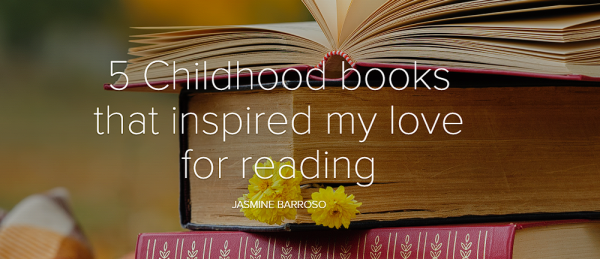The science behind how the teenage mind copes with loss

Over 2.4 million Americans die each year. Death has a domino effect on everyone surrounding those who have passed. Something people may overlook is how teens deal with the loss of a loved one. There are many ways teens are affected by this pressure. One cannot help but think that a teenager losing a loved one could react differently than an adult. Mr. Barbagallo, a psychology teacher, sheds some light on the process that goes on when teenager’s face loss.
Q: Does the general psychology of an individual have an effect on the way he/she responds to death?
A: This is a tricky question, as there are a lot of variables in this equation. Perception of any life event is different for everyone. For example, the loss of loved one is different with levels of attachment to the departed. If a child loses their parent for natural reasons (old age) it is seen as a typical “way of life.” On the opposite hand, a parent that loses their child is not something that is well tolerated in practically all cultures around the globe. Most people do not realize that culture has a large ramification of perception on things besides just death.
You also should factor in that cognitive distortions (faulty thoughts) can very much be a large variable in the individual’s perception of things. For example, someone that is dealing with depression or anxiety daily will perceive things differently than an individual with generally good mental health.
Q: How does the adolescent brain normally respond to the loss of a loved one?
A: While dealing with an adolescent child, cognitive capabilities are usually much higher, and therefore critical thinking and loss usually hits home much harder due to levels of attachment are typically much stronger.
Q: How may certain thoughts affect a child undergoing education? Should schools be more conscious of students going through loss?
A: It is my understanding that most schools have numerous avenues for a student to go through to help in dealing with loss. There are a team of individuals that will help, such as: their guidance counselor, the child study team (which includes a school psychologist), and occasionally may even provide grief counseling in particularly hard circumstances.
Q:Does their mental state affect the way they interact with others in school?
A: It absolutely does. Some students will internalize or attempt to repress circumstances that they are not comfortable with. They may also shut down communicating any and all feelings, as this is what they are more comfortable with. With that being said, there are numerous ramifications that come along with loss, such as acute depression, acute weight disturbance, and even acute forms of sleep deprivation. Students may also become much more irritable and aggressive, depending on their disposition.
Q: General studies show that a child or minor who is denied the opportunity of grieving tend to form anxiety and depression. Why may they stop themselves from grieving? And why do anxiety and depression form from the lack of grief?
A: Please see response to questions 3a and 3b above. It is also worth defining what “repression” is: It is when someone tries as hard as they can to bury certain difficult portions in life in the subconscious (effectively trying to forget that someone even happened). The problem with this is that all of the stress and trauma will eventually come bursting out, in a usually unhealthy fashion.
Students may also go into denial – which is just delaying the inevitable. It is important to keep in mind that typically, denial is usually the first stage in grieving – in which people will pretend that what is happening in their life really isn’t happening.
Because of the aforementioned terms of “grief” and “denial,” humans will almost always go into some acute form of anxiety and depression due to a major life change. It is just a way of life for most people. Sometimes it does have to deal with the grieving process, but likely it has more to do with other life factors. These other life factors can include changes in environment, as well as familial changes that are always difficult for everyone involved.
Q: Do the five stages of grief always apply to minors?
A: The five stages of grief apply to just about everyone – including minors. What is important is that you do not have to experience all five grief stages. You may start in denial, but quickly jump to bargaining and then acceptance, while bypassing anger and depression.









